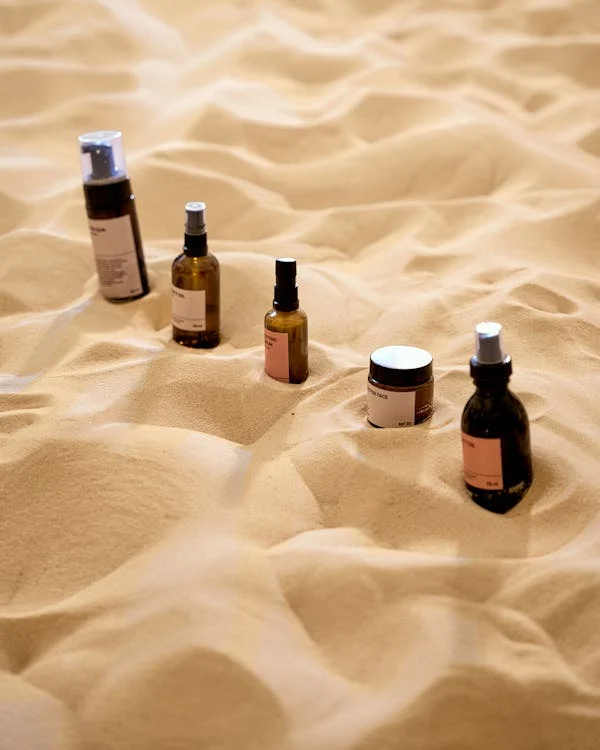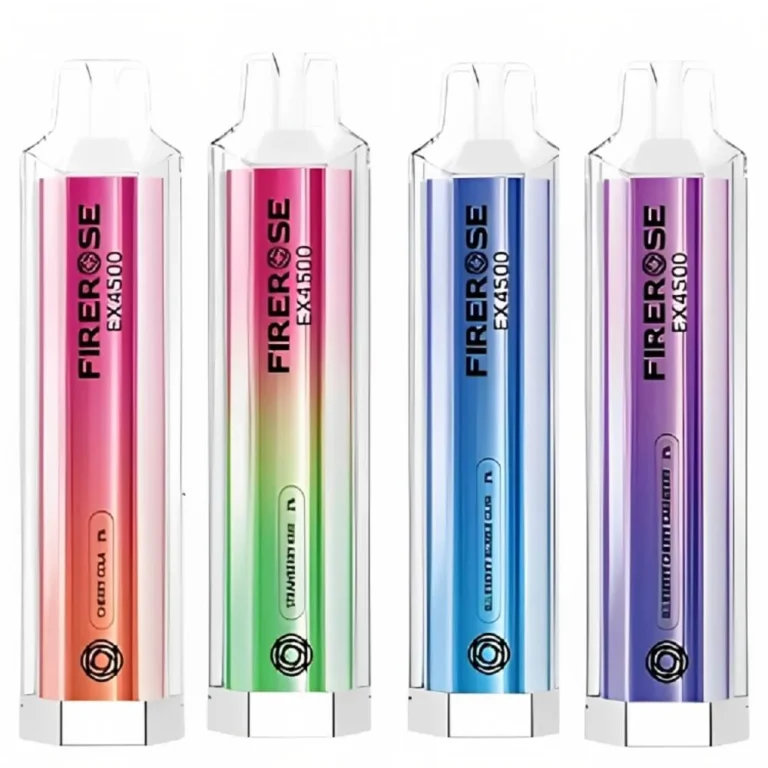Skin-Soothing Moisturizers: The Ultimate Guide to Calming and Hydrating Your Skin
Skin-Soothing Moisturizers: The Ultimate Guide to Calming and Hydrating Your Skin
If you have ever dealt with irritated, dry, or inflamed skin, you know the importance of finding the right skincare product that provides relief. Skin-soothing moisturizers are formulated to hydrate and calm the skin while also repairing its natural barrier. Whether your skin is prone to redness, eczema, acne, or other sensitivities, using a soothing moisturizer can help restore comfort and balance.
Thank you for reading this post, don't forget to subscribe!In this comprehensive guide, we will dive into the key ingredients, benefits, and tips for choosing the best skin-soothing moisturizers for your skincare routine.
What Are Skin-Soothing Moisturizers?
Skin-soothing moisturizers are specially designed to calm, hydrate, and protect sensitive or irritated skin. They typically contain gentle, non-inflammatory ingredients that support the skin’s barrier function, lock in moisture, and provide relief from discomfort caused by dryness or sensitivity. These moisturizers are often free from harsh chemicals, fragrances, or alcohol, making them suitable for those with sensitive, allergic, or reactive skin types.
Key Ingredients to Look for in Skin-Soothing Moisturizers
- Aloe Vera: Aloe vera is one of the most popular ingredients for soothing irritated skin. Known for its cooling and anti-inflammatory properties, aloe vera helps reduce redness and swelling while promoting hydration.
- Oatmeal (Avenanthramides): Oatmeal is an excellent choice for calming inflamed skin. Oatmeal contains avenanthramides, compounds known to reduce inflammation and irritation. It’s particularly effective for conditions like eczema and psoriasis.
- Ceramides: Ceramides are lipids that naturally occur in the skin and are crucial for maintaining the skin’s barrier function. When applied topically, ceramides can help lock in moisture, making them ideal for dry, irritated, or compromised skin.
- Niacinamide: Niacinamide, also known as Vitamin B3, is a powerhouse ingredient that helps reduce redness and blotchiness while strengthening the skin’s protective barrier. It also enhances hydration and helps with the skin’s repair process.
- Shea Butter: Shea butter is a rich, natural emollient that deeply moisturizes dry skin. It’s packed with vitamins A, E, and F, which help promote skin regeneration and soothe irritated skin.
- Chamomile Extract: Chamomile is widely known for its calming and anti-inflammatory properties. When used in moisturizers, chamomile helps to soothe and calm the skin, especially after sun exposure or environmental stressors.
- Hyaluronic Acid: Hyaluronic acid is a powerful humectant that draws moisture into the skin and helps maintain hydration. It is gentle and non-irritating, making it perfect for sensitive skin types.
- Calendula Extract: Calendula has been used for centuries as a natural remedy for skin irritation and inflammation. It promotes healing, reduces redness, and supports skin regeneration.
Benefits of Skin-Soothing Moisturizers
- Hydration: The primary role of any moisturizer is to hydrate the skin. Skin-soothing moisturizers work by attracting and locking in moisture to prevent dryness, flakiness, and tightness.
- Calming Irritation: Sensitive and irritated skin can be triggered by external factors such as pollution, sun exposure, or harsh skincare products. Soothing moisturizers help calm redness and inflammation, reducing the appearance of irritation.
- Restoring Skin’s Natural Barrier: Our skin’s protective barrier acts as a shield to keep moisture in and harmful irritants out. Harsh weather conditions, stress, and certain skincare products can weaken this barrier. Skin-soothing moisturizers help restore and strengthen the skin’s natural defenses.
- Reducing Redness and Inflammation: Many soothing moisturizers are formulated with anti-inflammatory ingredients like chamomile, aloe vera, and niacinamide, which help reduce redness and swelling caused by conditions like acne, rosacea, or eczema.
- Enhancing Skin Repair: Some skin-soothing moisturizers include healing ingredients that help speed up skin regeneration. For example, ceramides and niacinamide aid in repairing damaged skin cells and improving skin texture.
How to Choose the Right Skin-Soothing Moisturizer
Selecting the best skin-soothing moisturizer for your skin type and concerns is essential. Here are some factors to consider when making your choice:
- Skin Type:
- For dry skin: Look for rich, emollient ingredients like shea butter, ceramides, and hyaluronic acid.
- For oily skin: Choose lightweight, non-comedogenic moisturizers with hydrating ingredients like aloe vera or niacinamide.
- For sensitive skin: Opt for fragrance-free, alcohol-free formulas that contain soothing agents like chamomile or calendula.
- Specific Skin Concerns:
- For eczema or psoriasis: Choose moisturizers with oatmeal, ceramides, and anti-inflammatory ingredients.
- For acne-prone skin: Look for non-comedogenic formulas that contain soothing agents like niacinamide, aloe vera, and hyaluronic acid.
- For rosacea: Moisturizers with niacinamide and chamomile can help calm redness and reduce inflammation.
- Fragrance-Free: Many soothing moisturizers are fragrance-free, which is ideal for sensitive skin. Fragrances can sometimes irritate the skin and exacerbate sensitivities.
Top Skin-Soothing Moisturizers to Try
- CeraVe Hydrating Facial Cleanser – This gentle, non-foaming cleanser is packed with ceramides and hyaluronic acid, making it ideal for dry and sensitive skin.
- Aveeno Skin Relief Moisturizing Lotion – Known for its oatmeal content, this lotion is great for relieving dryness and irritation while keeping the skin hydrated.
- Neutrogena Hydro Boost Water Gel – This lightweight gel moisturizer is infused with hyaluronic acid, making it perfect for providing moisture without clogging pores.
- La Roche-Posay Toleriane Double Repair Face Moisturizer – A rich formula that contains ceramides and niacinamide to help restore and protect the skin’s barrier.
- Eucerin Advanced Repair Cream – This deeply moisturizing cream contains ceramides and is ideal for dry, irritated skin.
FAQs About Skin-Soothing Moisturizers
Q1: Can skin-soothing moisturizers help with acne? Yes, many skin-soothing moisturizers contain ingredients like niacinamide and aloe vera that help calm inflammation and redness associated with acne. Choose a non-comedogenic formula that won’t clog your pores.
Q2: How often should I apply a skin-soothing moisturizer? You should apply a skin-soothing moisturizer at least twice a day, once in the morning and once at night, to keep your skin hydrated and protected.
Q3: Are skin-soothing moisturizers suitable for all skin types? Yes, most skin-soothing moisturizers are formulated to be gentle and can be used on all skin types, including sensitive, dry, oily, and combination skin. However, always check the ingredients to ensure they’re suitable for your specific skin needs.
Q4: Can skin-soothing moisturizers help with redness from sunburn? Yes, moisturizers with aloe vera, chamomile, and calendula extract can help soothe sunburned skin and reduce redness and inflammation.
Q5: Should I use a skin-soothing moisturizer in addition to sunscreen? Yes, a skin-soothing moisturizer can be used alongside sunscreen to provide hydration and protection. Just make sure your sunscreen has broad-spectrum protection (SPF 30 or higher) for maximum efficacy.
Conclusion
Skin-soothing moisturizers are an essential part of any skincare routine, especially if you have sensitive, dry, or irritated skin. They provide much-needed hydration, calm inflammation, and help restore the skin’s protective barrier. By choosing the right product with the right ingredients, you can promote healthy, comfortable, and balanced skin every day. Always remember to patch-test new products and consult a dermatologist if you have any concerns about your skin’s health.
Feel free to ask if you need more specific recommendations or advice on a particular skin concern!






